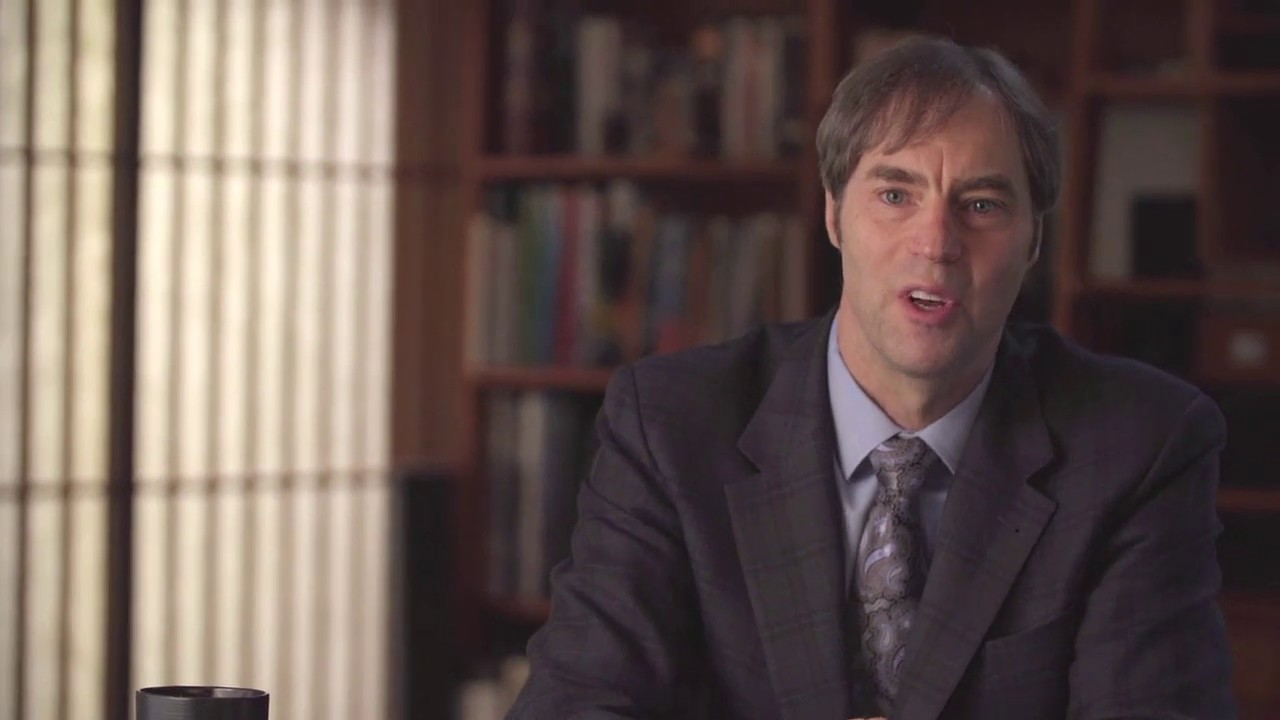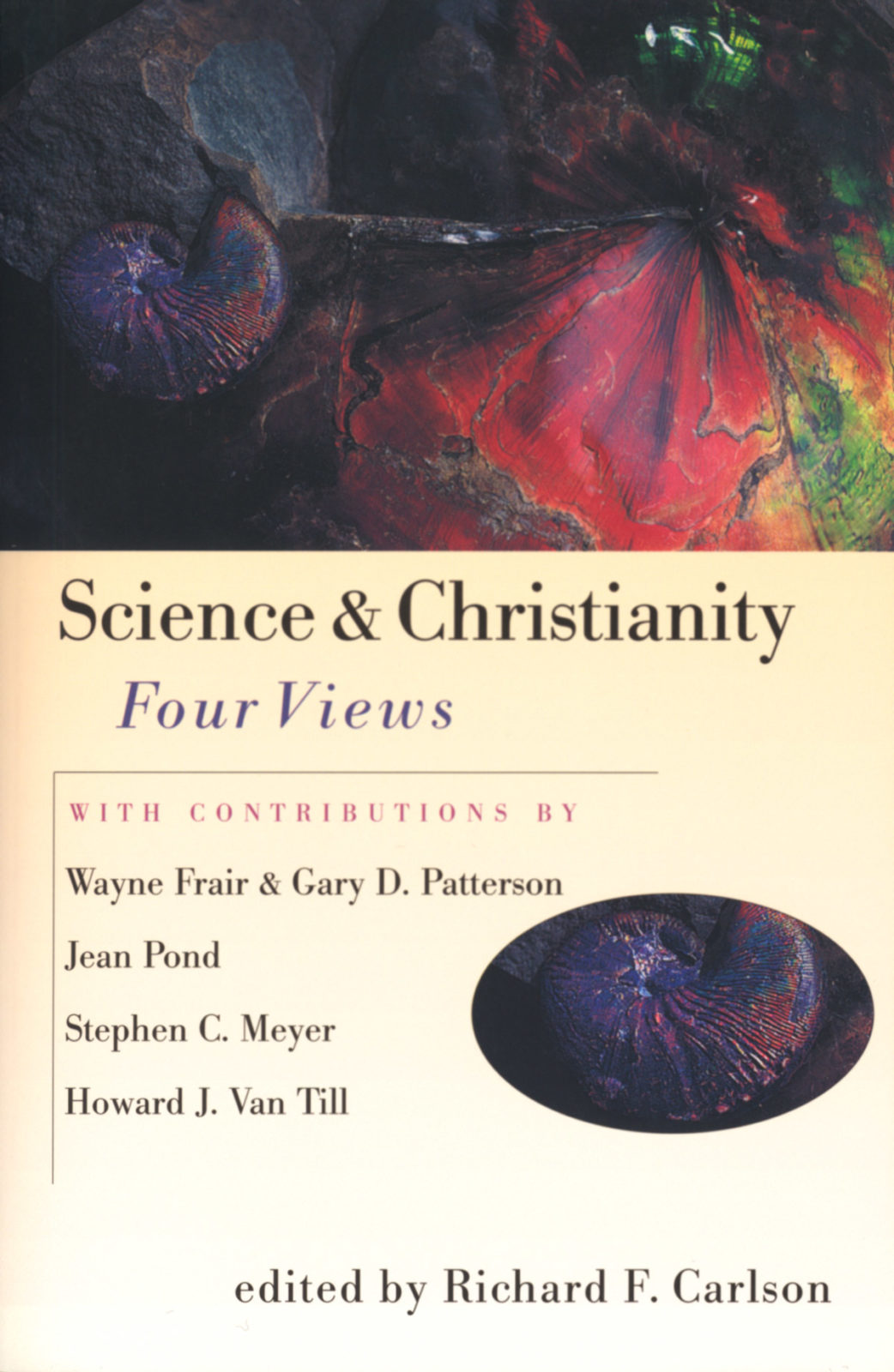


Behe Counters the Best Objections to Irreducible Complexity and ID, PT. 3

Mysteries of the Mind

Is Methodological Naturalism Necessary for Science?
In this bonus interview footage from Science Uprising, philosopher of science Stephen Meyer explains why methodological naturalism (aka methodological materialism) isn’t necessary for the practice of science. Visit the Science Uprising website at to find more videos and explore related articles and books.

Stephen Meyer Interviewed on Ben Shapiro’s “Sunday Special”

Denying the Signature
Most readers of Evolution News likely know the central thesis of Stephen Meyer’s bestseller, Darwin’s Doubt: The Explosive Origin of Animal Life and the Case for Intelligent Design. Meyer argues that the functional biological information necessary to build the Cambrian animals is best explained by the activity of a designing intelligence, rather than an undirected, materialistic evolutionary process. Most reviews of Darwin’s Doubt curiously omitted Read More ›

The Scientific Status of Design Inferences

Science & Christianity
At the beginning of the 21st century, Christians continue to wonder whether faith and science are partners or opponents. In this book, six scholars sort through the issues as they present four views on the relationship of science and Christianity. These views include creationism, independence, qualified agreement, and partnership. Contributor Jean Pond is a proponent of the “independence” model. She Read More ›

Is Intelligent Causation Perfectly Natural?
